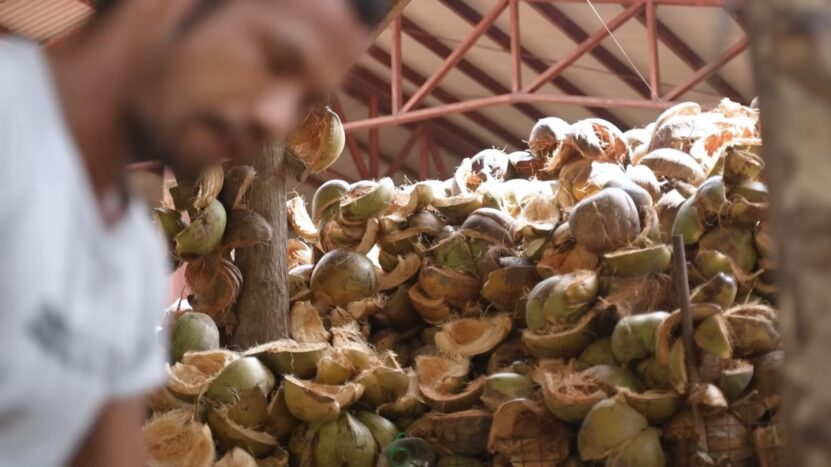The drive for sustainability has led to innovative uses of various resources, including coconut husk.
This often overlooked byproduct has become important in developing sustainable products.
Coconut husk is surprisingly versatile, with applications in agriculture and the automobile industry.
This represents a major advancement in our pursuit of eco-friendly alternatives.
In this discussion, we will highlight the unique properties of coconut husk that make it an ideal sustainable resource.
We will also explore its real-world applications, contributing to a more responsible and environmentally friendly future.
1. Biodegradable Plant Pots
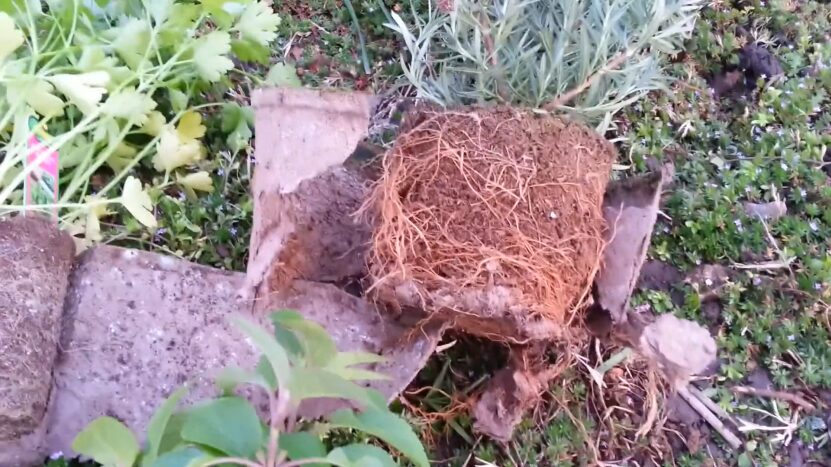
Coconut husks offer more than just edible benefits; they also provide sustainable gardening solutions.
One significant development is the use of biodegradable plant pots made from coconut husk fibers, or coir.
These pots are 100% biodegradable, eliminating landfill waste, unlike traditional plastic pots.
These coconut husk pots promote healthier plant roots. Instead of circling and becoming constricted as they do in plastic pots, plant roots penetrate the coconut fibers, remaining strong and healthy.
Additionally, the coir’s moisture retention is impressive, holding up to eight times its weight in water.
Coconut husk pots are also gardener-friendly. There’s no need for repotting; plants can be directly planted into the ground with the pot, simplifying the transplanting process.
This reduces labor and resource use, keeping the process organic and free of artificial materials.
2. Natural Fiber Ropes
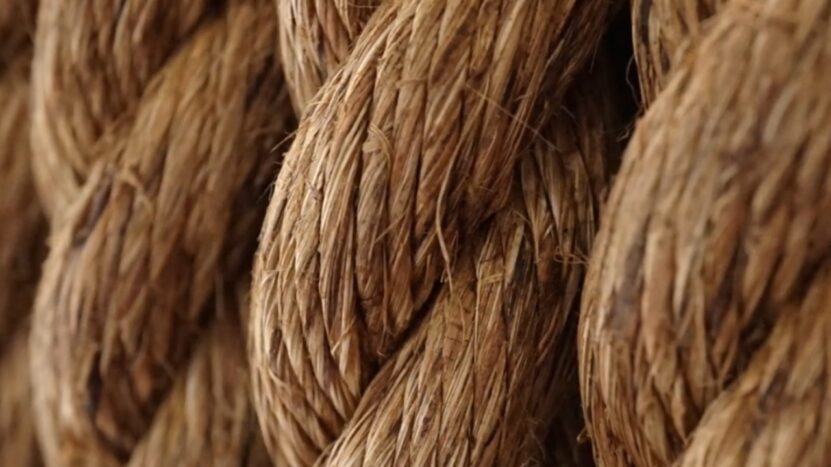
Coconut husks are rich in strong, durable fibers perfect for making natural ropes.
These fibers have been used for generations in communities across tropical regions and are now gaining recognition for their sustainability.
Natural fiber ropes from coconut husks can replace plastic ties in agriculture, serving as biodegradable plant ties.
They are also popular in crafts, sports, and industrial applications, including making jewelry, baskets, and even outdoor gym equipment.
When used and discarded, these ropes decompose naturally, leaving no harmful waste behind.
The versatility of coconut husk ropes underscores their importance in promoting a more sustainable future.
3. Sustainable Furniture Stuffing
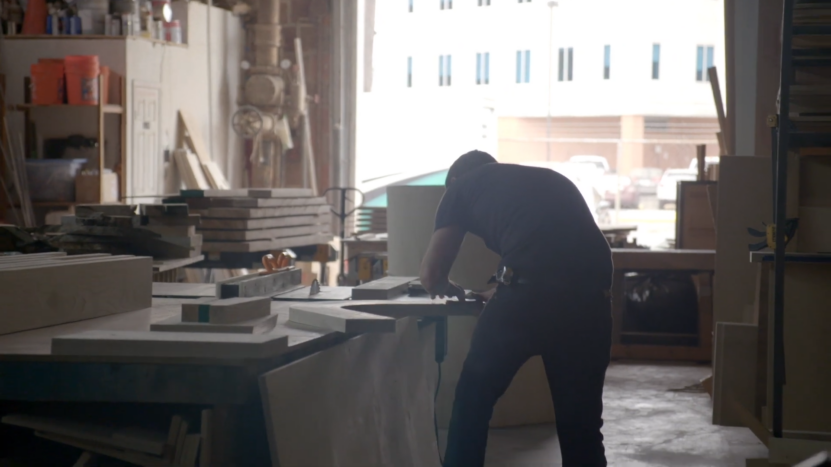
The strong, resilient fibers from coconut husks make excellent stuffing material for sustainable furniture.
Coir is known for its durability and firmness, providing the right support for items like sofas and cushions.
The coarse nature of the material ensures high-support stuffing that retains its shape and comfort over time.
Using coconut husks for furniture stuffing reduces reliance on synthetic materials, promoting a more eco-friendly approach to interior design.
This sustainable alternative not only extends the lifespan of furniture but also reduces environmental impact through the use of renewable resources.
4. Compostable Garden Mulch
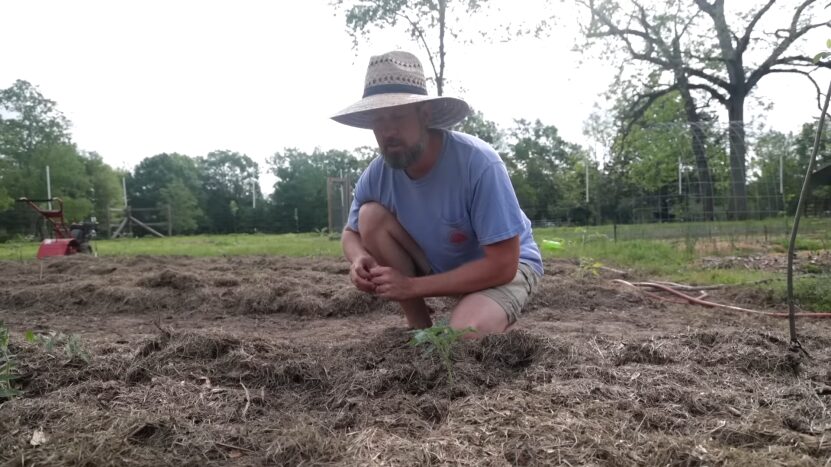
Coconut husk chips serve as an effective compostable garden mulch, enhancing soil health and plant growth.
These chips help retain soil moisture and regulate temperature, creating a favorable environment for plants.
Additionally, they suppress weed growth, reducing the need for chemical herbicides.
As the coconut husk mulch breaks down, it adds organic matter to the soil, improving its structure and nutrient content.
This sustainable gardening solution reduces waste and promotes healthier, more vibrant gardens by leveraging a natural byproduct of the coconut industry.
5. Organic Gardening Soil
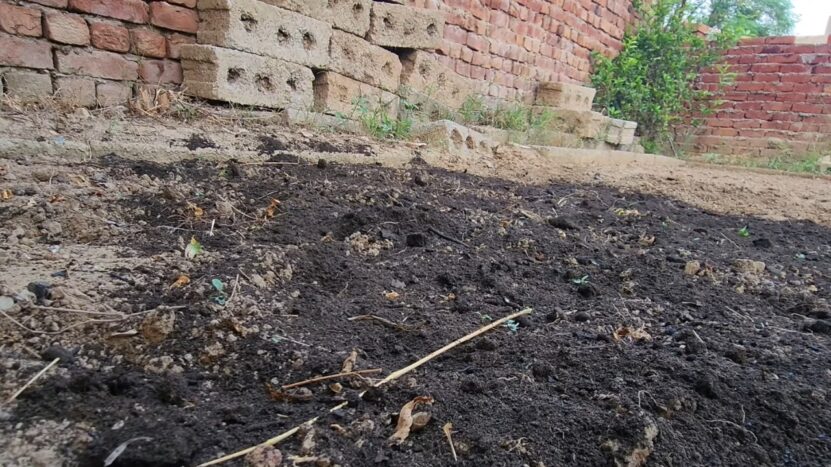
Crushed coconut husks, known as coconut coir, can be used to create organic gardening soil.
This soil amendment improves soil aeration and water retention, making it ideal for eco-conscious gardens.
Coconut coir holds up to eight times its weight in water, ensuring plants stay hydrated for longer.
It also provides a natural, nutrient-rich environment for roots to grow and thrive.
Using coconut coir in gardening not only enhances soil health but also reduces the need for synthetic fertilizers and soil conditioners, promoting a more sustainable approach to horticulture.
6. Eco-Friendly Doormats
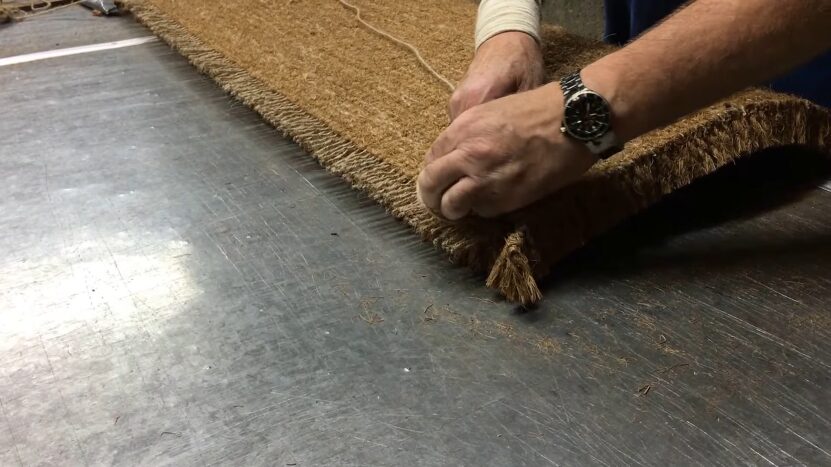
Coconut husk fibers are used to make durable, eco-friendly doormats. These mats effectively trap dirt and moisture, keeping indoor spaces clean.
Their natural composition makes them biodegradable, ensuring they have a minimal environmental footprint.
Coconut coir doormats are also highly durable, withstanding heavy foot traffic and harsh weather conditions.
Using these doormats contributes to reducing the reliance on synthetic materials and supports a sustainable home environment.
7. Natural Scrub Brushes
Brushes made from coconut husk fibers are an eco-friendly alternative for various cleaning needs.
These natural scrub brushes are effective in removing grime and tough stains without scratching surfaces.
They are biodegradable and compostable, reducing plastic waste commonly associated with conventional brushes.
Additionally, coconut husk scrub brushes are durable and long-lasting, providing a sustainable cleaning solution that aligns with eco-friendly practices.
Their natural bristles are tough yet gentle, making them versatile for household use.
8. Biodegradable Toothbrush Bristles
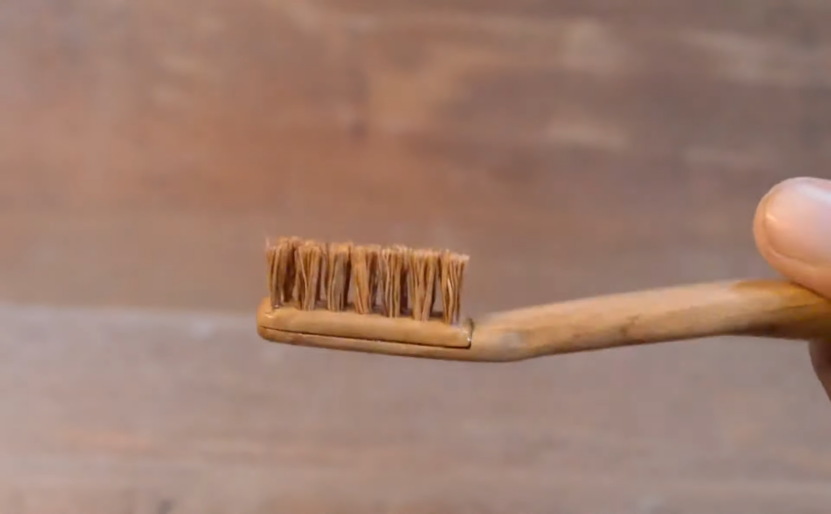
Toothbrushes with bristles made from coconut husk fibers offer a sustainable alternative to plastic bristles.
These biodegradable bristles ensure that the toothbrushes decompose naturally, reducing plastic waste in the environment.
Coconut husk bristles are effective in maintaining oral hygiene, providing the necessary cleaning power without compromising on sustainability.
Using coconut husk-based bristles in toothbrushes reflects a commitment to environmentally friendly personal care products, promoting a greener lifestyle and reducing the ecological footprint of everyday items.
9. Sustainable Mattresses
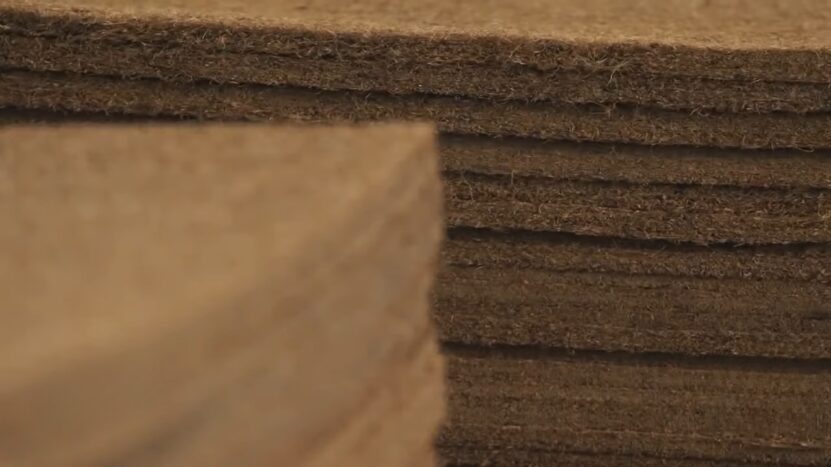
Coconut husk fibers are increasingly used in the mattress industry for their resilience and support.
These natural fibers provide a firm, durable core for mattresses, ensuring long-lasting comfort and structural integrity.
Coconut coir mattresses are also known for their excellent moisture-wicking properties, enhancing sleep quality.
By using coconut husk fibers, the mattress industry reduces dependency on synthetic materials, promoting sustainability.
These mattresses are not only comfortable and durable but also environmentally friendly, aligning with the growing demand for eco-conscious products in the sleep industry.
10. Natural Sponges for Cleaning
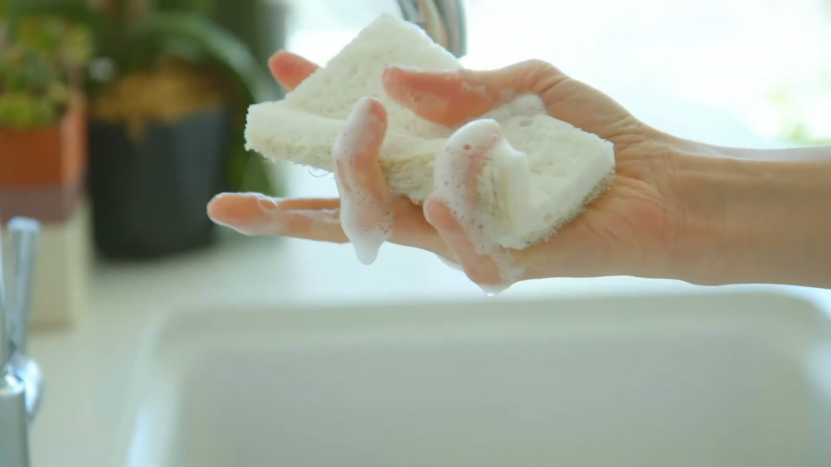
Sponges made from coconut husk fibers offer a natural and biodegradable alternative for cleaning.
These sponges are effective in absorbing liquids and removing dirt, making them suitable for various household tasks.
The biodegradability of coconut husk sponges ensures they do not contribute to plastic pollution when discarded.
Additionally, they are durable and long-lasting, providing a sustainable cleaning solution that minimizes environmental impact.
Using natural sponges from coconut husks supports eco-friendly practices and reduces reliance on synthetic cleaning products.
11. Reusable Drink Coasters
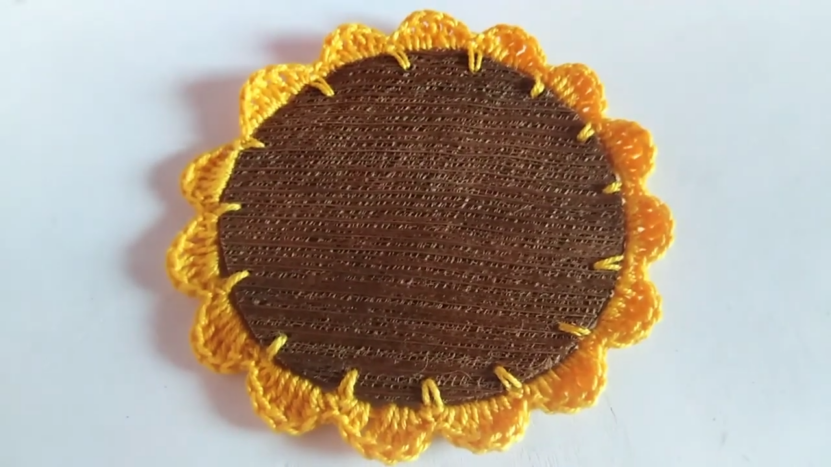
Coconut husk fibers can be crafted into reusable drink coasters, providing an eco-friendly alternative to disposable options.
These coasters are durable and absorbent, protecting surfaces from moisture and spills. The natural aesthetic of coconut husk coasters adds a rustic charm to any setting.
Their biodegradability ensures they do not contribute to waste, making them an excellent choice for sustainable home accessories.
By opting for reusable coasters made from coconut husks, consumers can reduce single-use products and support environmentally responsible choices.
12. Firewood Substitute
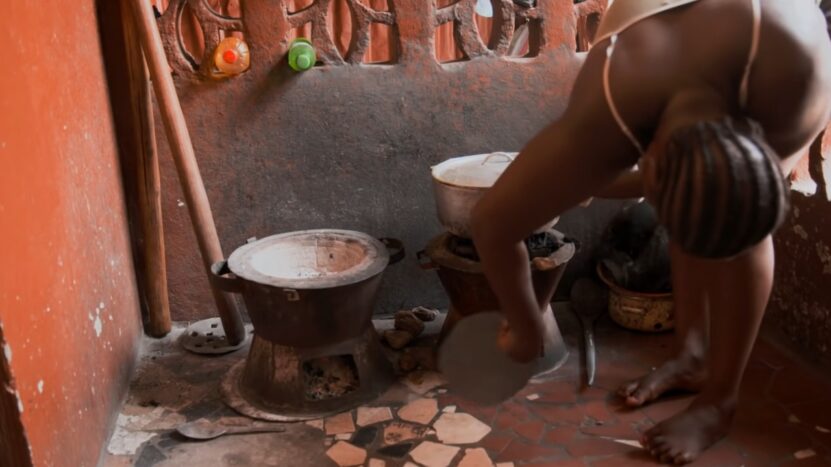
Processed coconut husks can serve as an effective firewood substitute, providing a renewable energy source.
These husks, when dried and compacted, burn well and produce a substantial amount of heat.
Using coconut husks as firewood helps reduce the use of traditional wood, conserving forests and biodiversity.
This sustainable energy solution leverages an abundant agricultural byproduct, promoting efficient resource use.
Coconut husk firewood also emits fewer pollutants compared to conventional firewood, making it a cleaner burning option for heating and cooking.
13. Biofuel Source
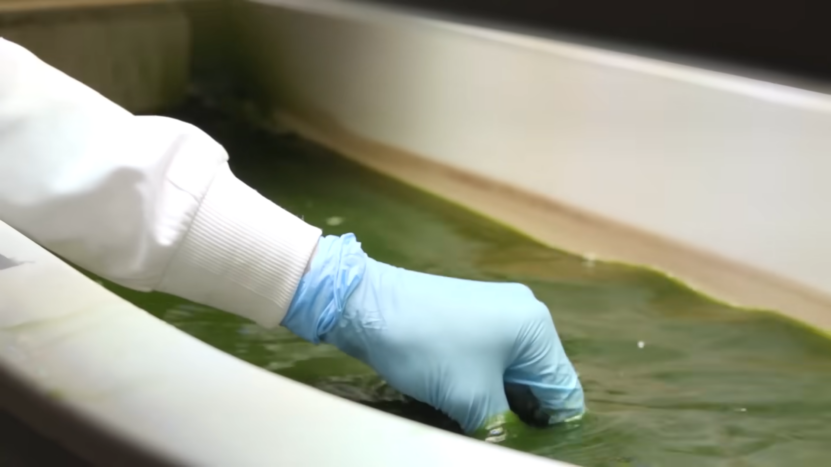
Coconut husks are a potential source of biofuel, contributing to renewable energy production.
The husks can be processed to extract biofuel, reducing reliance on fossil fuels and supporting energy sustainability.
This biofuel is derived from waste material, ensuring efficient resource utilization and minimizing environmental impact.
Leveraging coconut husks for biofuel production helps manage agricultural waste and provides a cleaner, more sustainable energy alternative.
This innovative use of coconut husks aligns with global efforts to transition to renewable energy sources, promoting ecological balance and energy efficiency.
14. Sustainable Insulation Material
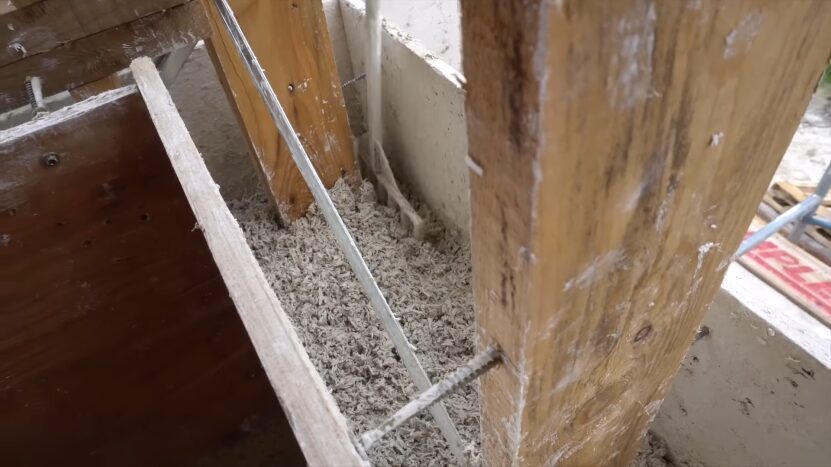
Coconut husk fibers, with their excellent thermal properties, are being used as sustainable insulation material.
DIY solar air heaters can further complement these natural fibers by harnessing renewable energy to efficiently heat buildings, synergizing eco-friendly practices with innovative technology.
These natural fibers provide effective thermal and acoustic insulation, making buildings more energy-efficient.
Using coconut husks for insulation reduces reliance on synthetic materials like fiberglass, promoting a greener construction approach.
This insulation material is biodegradable and non-toxic, ensuring it has minimal environmental impact.
By incorporating coconut husk fibers into building insulation, the construction industry can enhance sustainability and contribute to eco-friendly practices.

